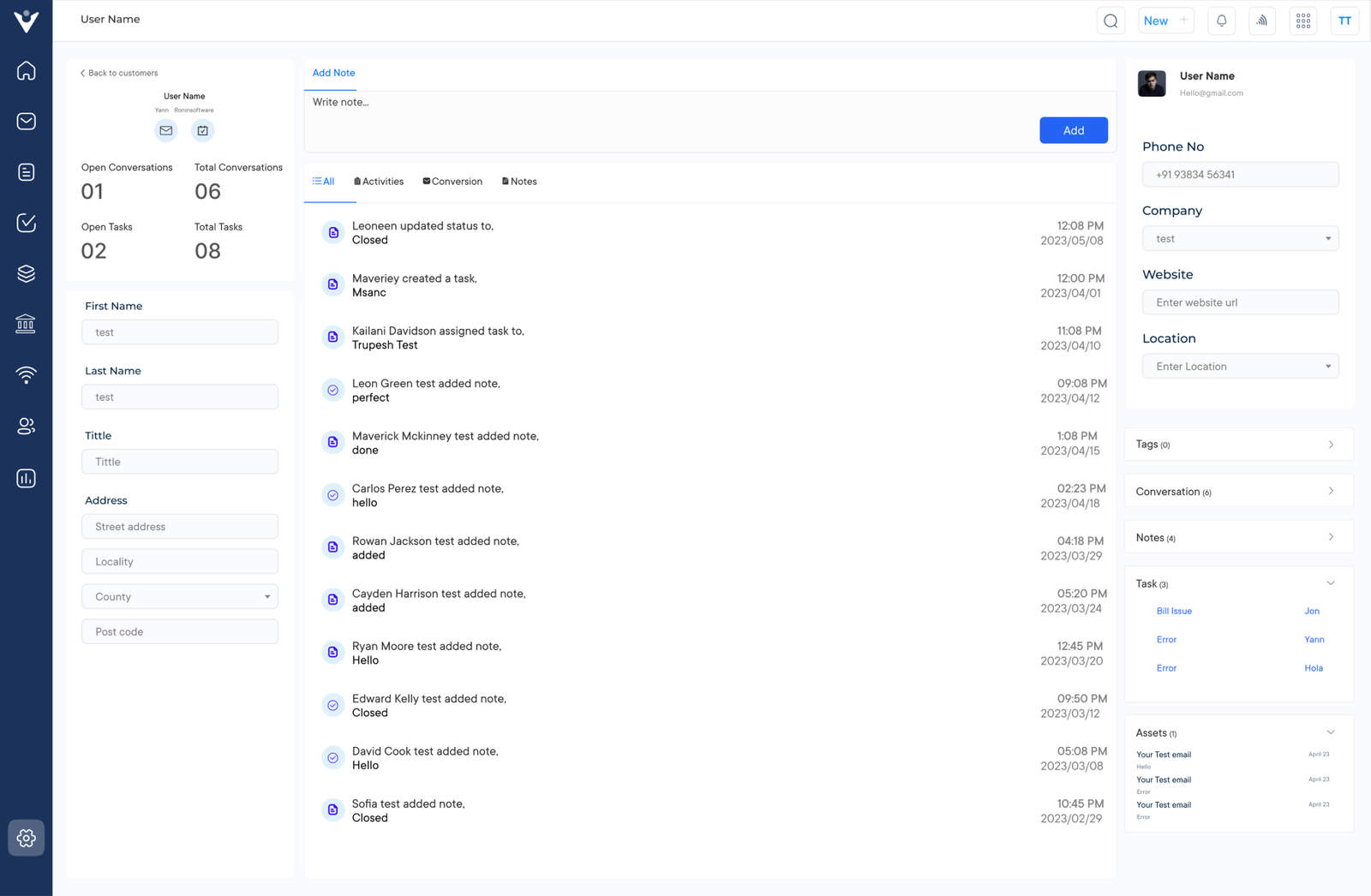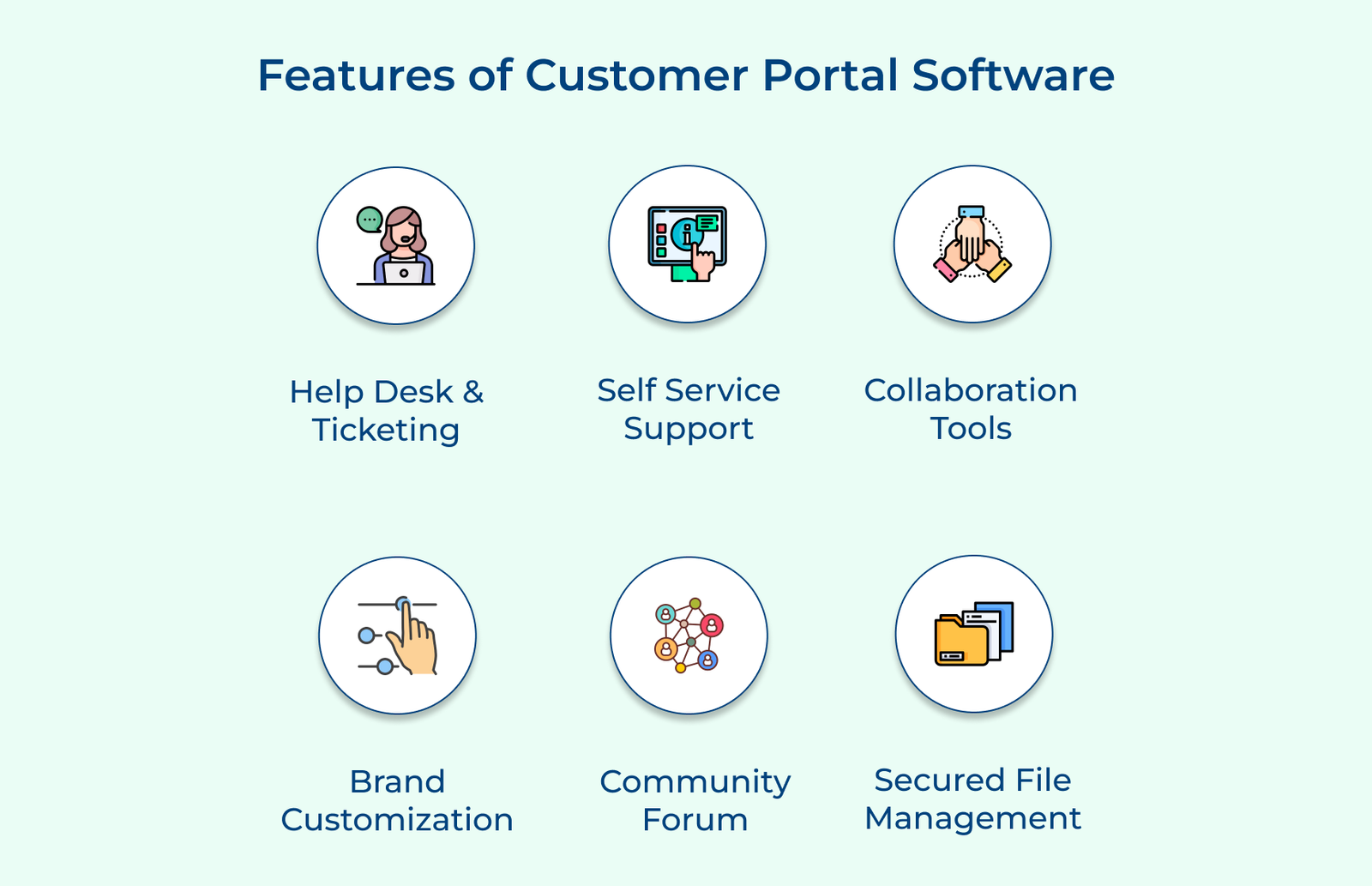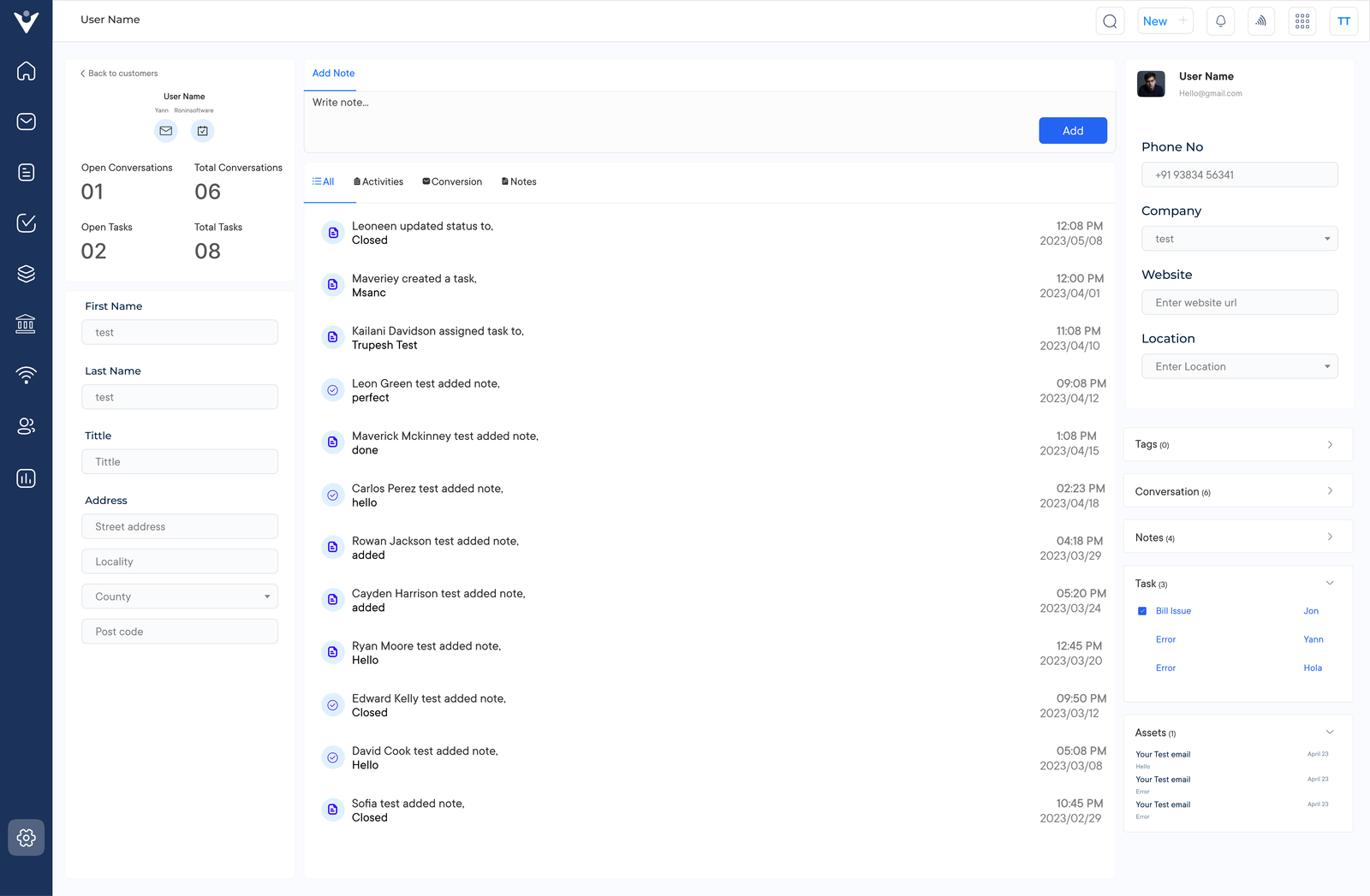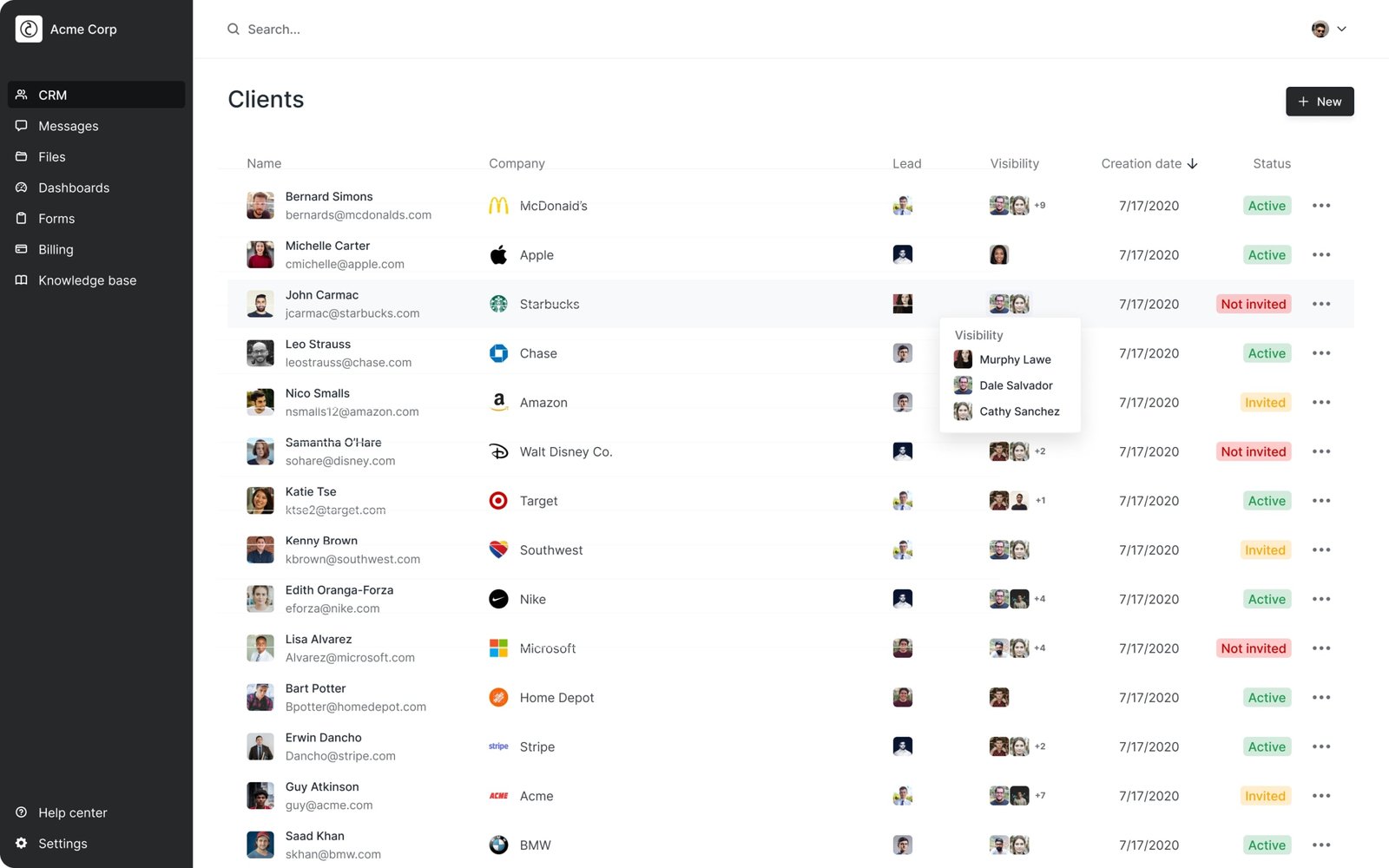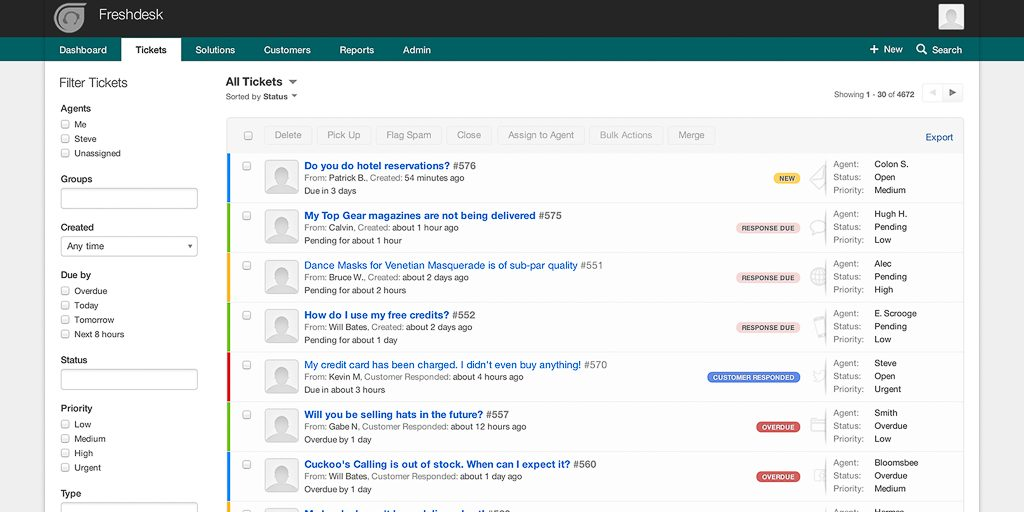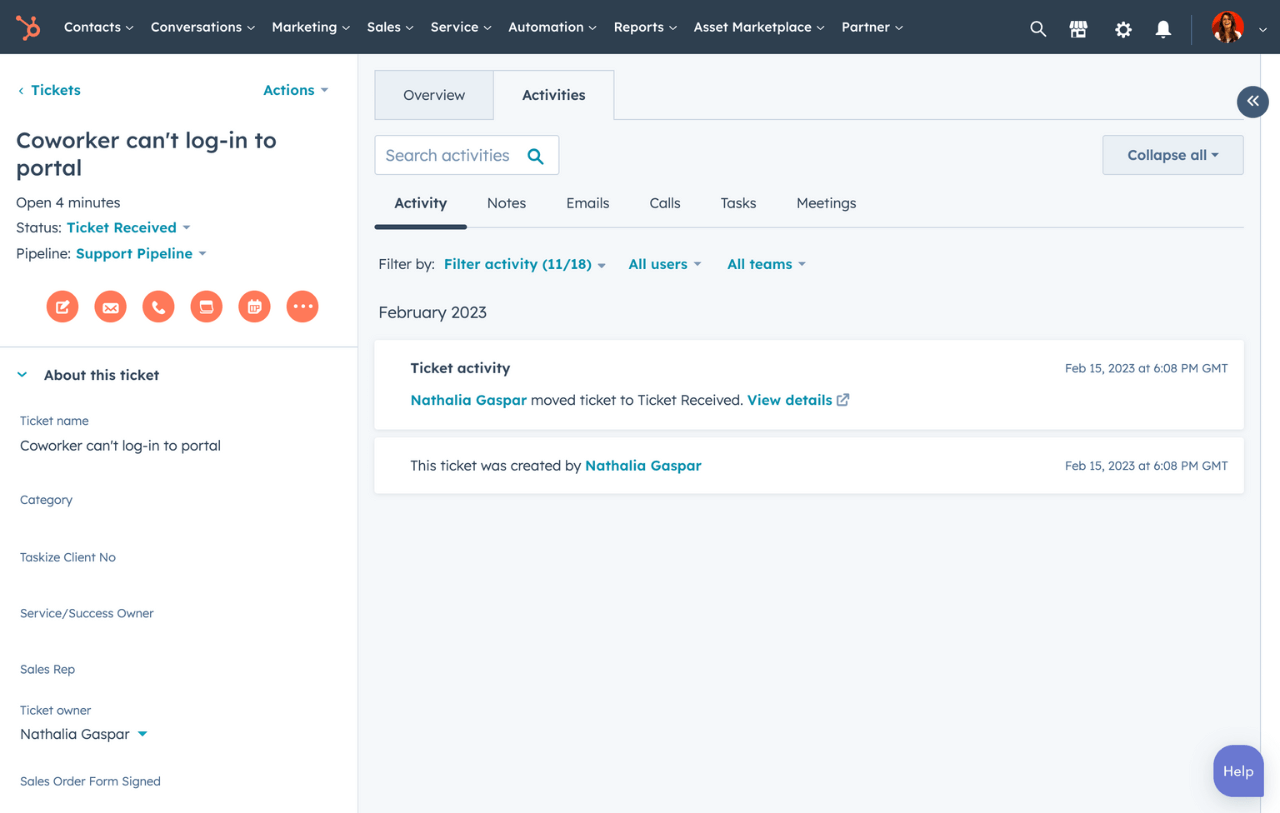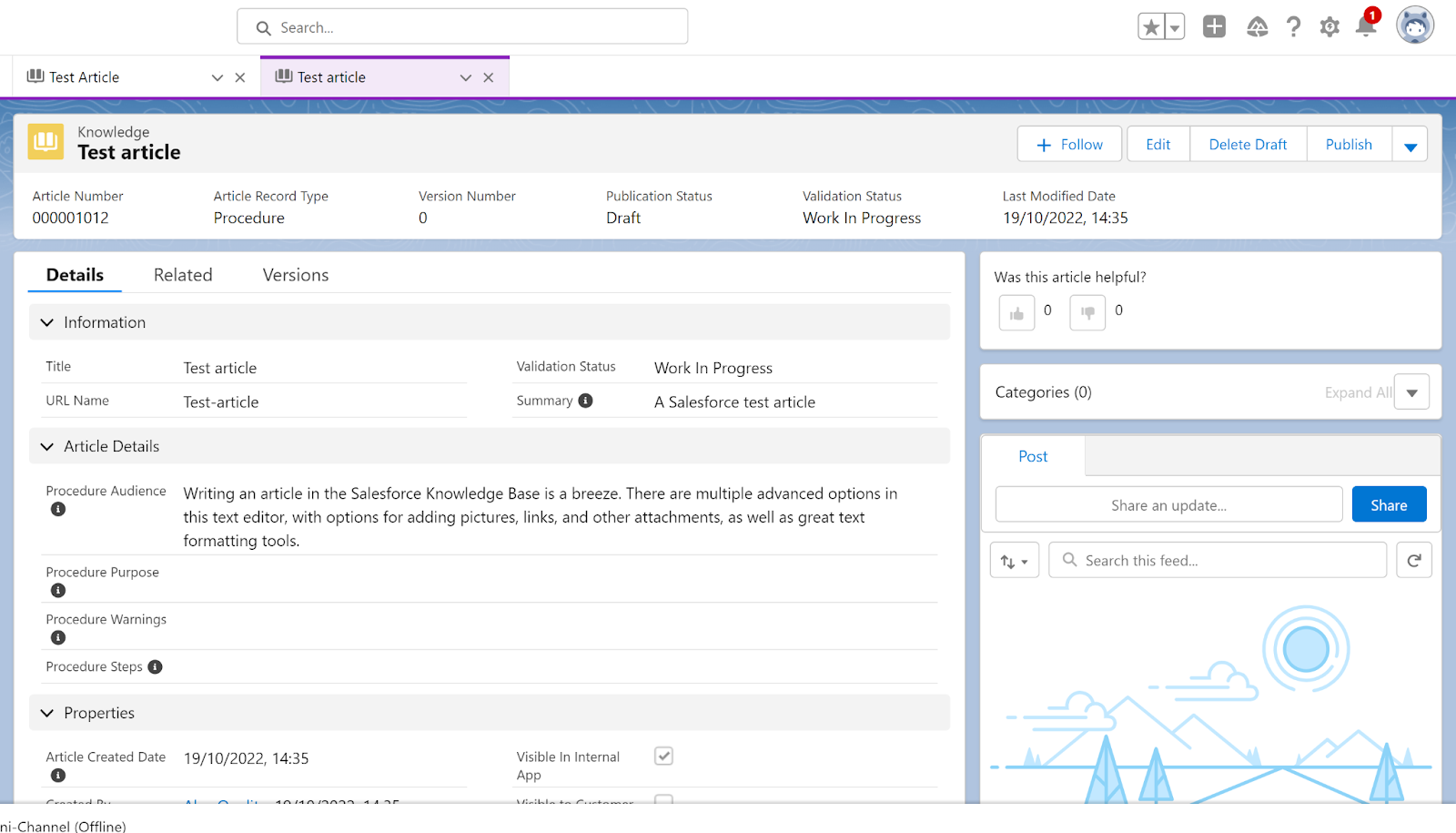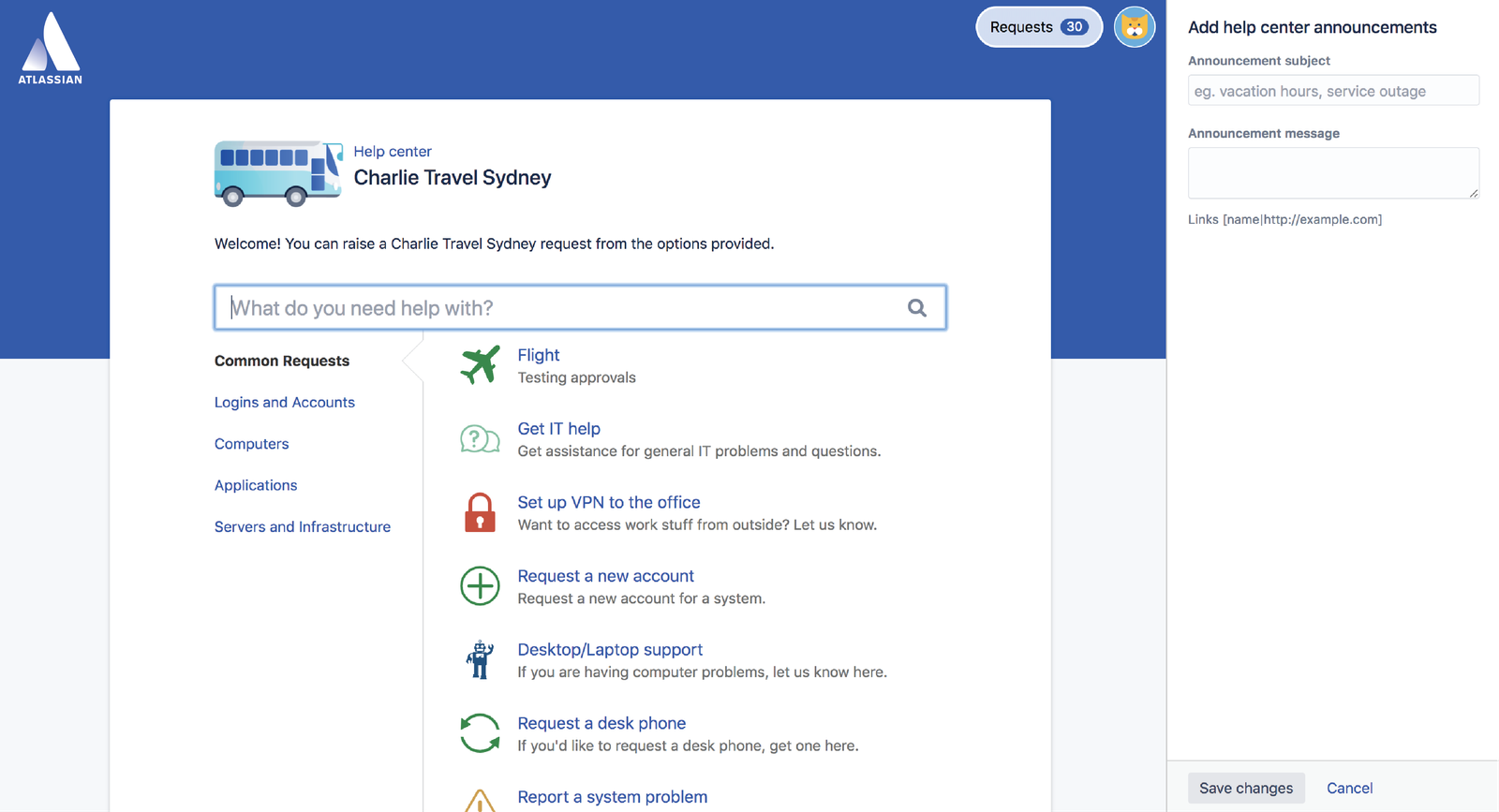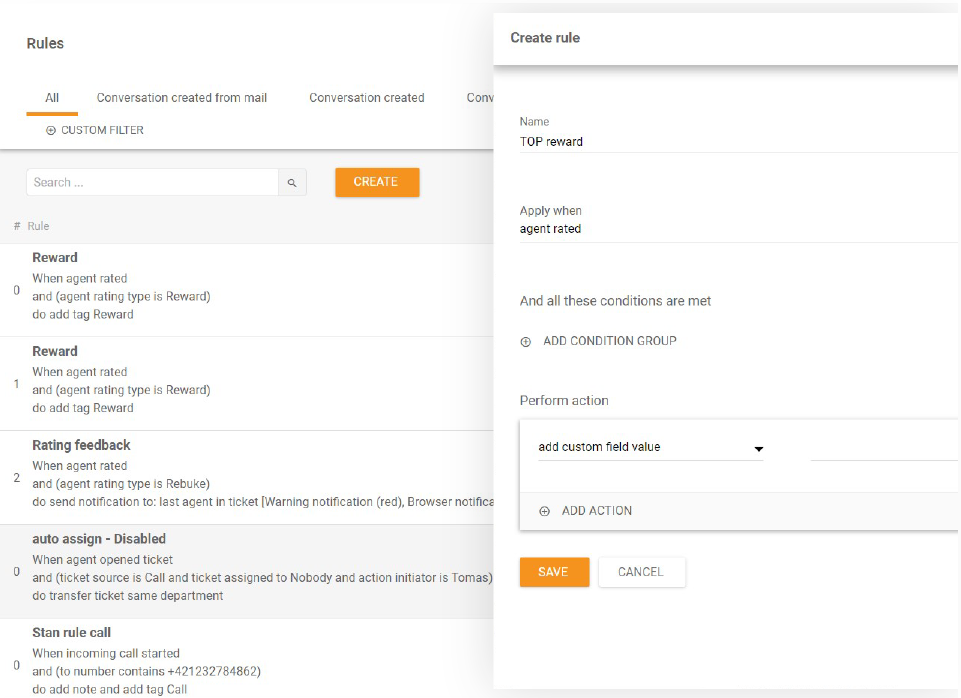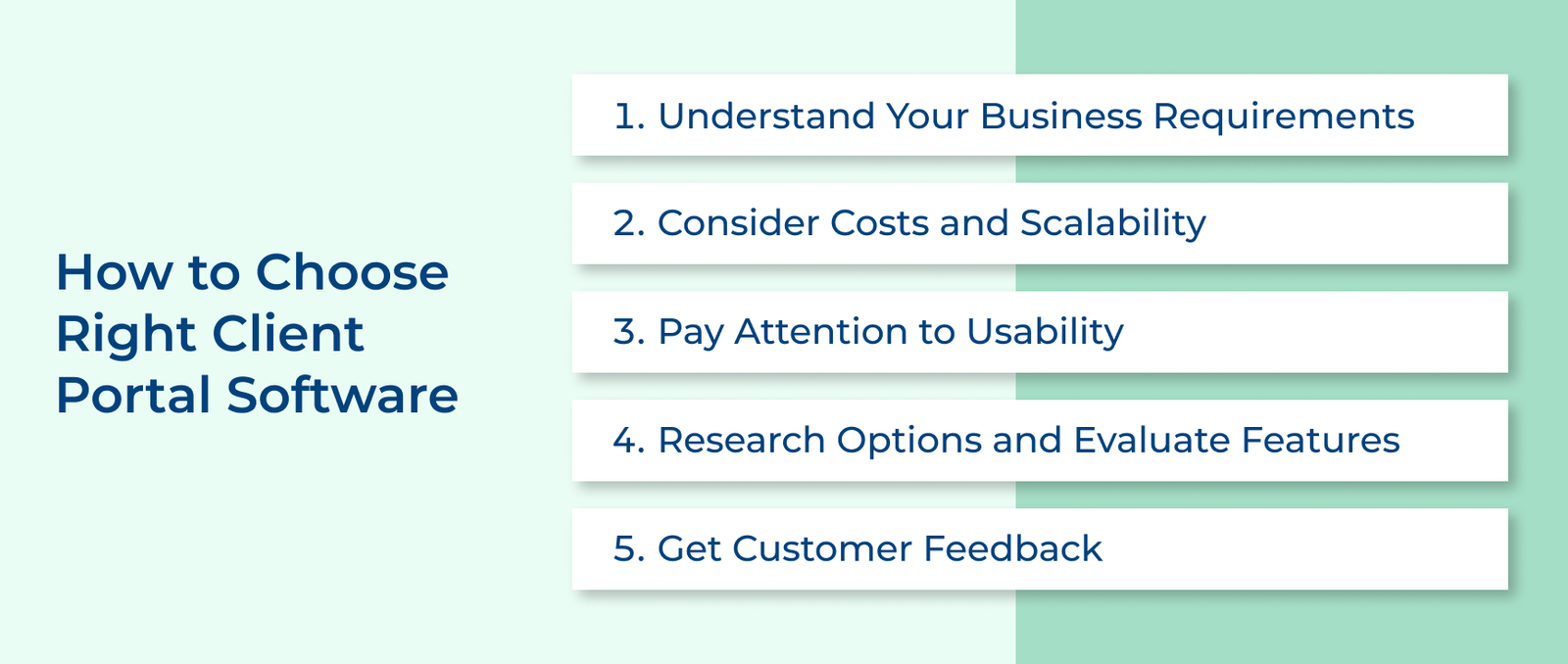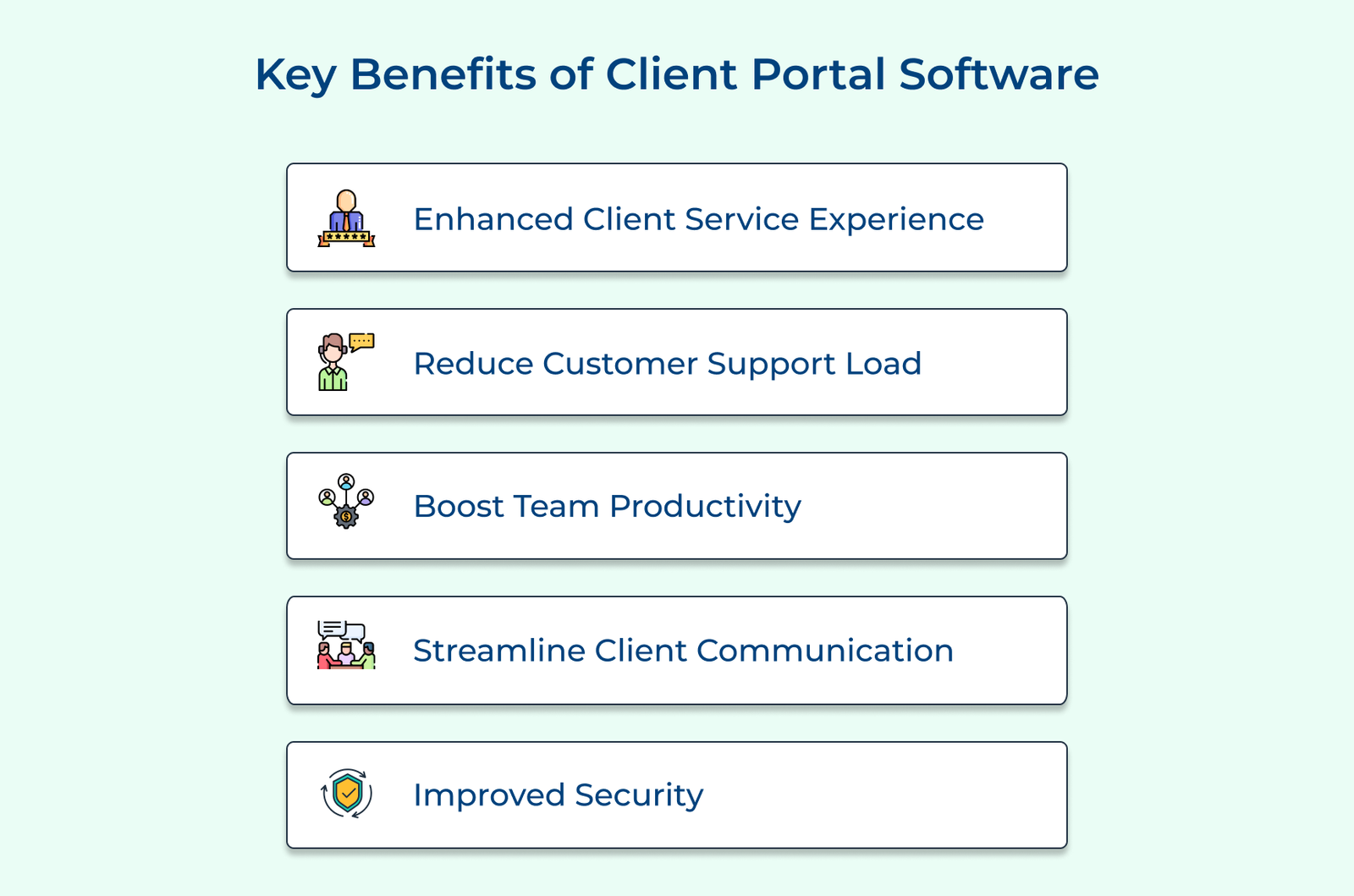1. Enhanced Client Service Experience
Client portal software provides a personalized, self-service platform for clients. It allows them to access information, submit requests and track progress on their terms. Such a degree of transparency and control ensures the client experience improves.
Imagine a law firm has implemented a client portal. It enables clients to securely view case updates, upload documents and communicate directly with their assigned legal team. The need for constant back-and-forth communication is eliminated.
2. Reduce Customer Support Load
Empowering clients with self-service capabilities can help customer portal software significantly reduce the volume of routine inquiries handled by customer support teams. It frees up valuable resources to focus on more complex issues.
Let’s consider that a software company integrates a client portal with a comprehensive knowledge base. Clients to find answers to common questions and troubleshoot minor issues independently. The result is a 30% reduction in support ticket volume.
3. Boost Team Productivity with Automation
Client portal software often includes features for automating routine tasks and streamlining processes. The automation reduces manual effort, minimizes errors and ensures consistent service delivery.
Let’s assume that a consulting firm implements a client portal with built-in project management capabilities. It automates task assignments, reminders and status updates. It resulted in a 20% increase in project completion rates and improved resource utilization.
4. Streamline Communication in a Centralized Place
Consumer portal software centralizes all client-related communication, documentation and data in a single accessible platform. It eliminates the need for multiple communication channels and ensures that all stakeholders have access to the most up-to-date information.
Take the example of a marketing agency that uses a client portal to share campaign updates, collaborate on content creation and manage project timelines. The approach ensures seamless communication and alignment with clients throughout the entire engagement.
5. Improved Security
Client portal software typically employs robust security measures such as multi-factor authentication, encryption and granular access controls. It ensures that sensitive client data and information are protected from unauthorized access.
Think of a healthcare provider that has implemented a HIPAA-compliant client portal.
It enables patients to access their medical records, test results and communicate with professionals while maintaining strict adherence to privacy.




